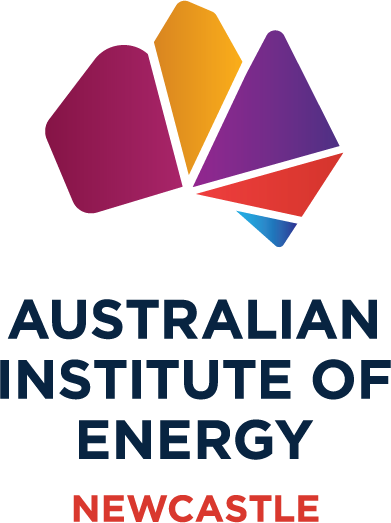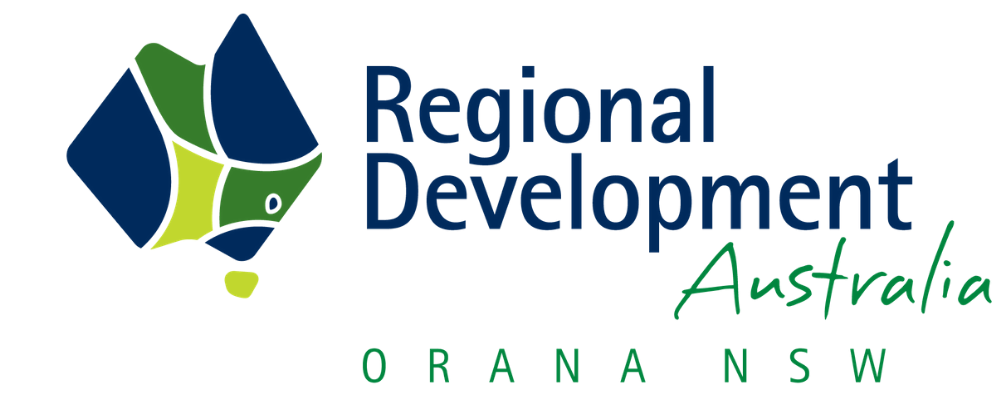Sparc Hydrogen begins FEED study for pilot plant
Sparc Hydrogen - a joint venture between Sparc Technologies, Fortescue Limited, and the University of Adelaide - has commenced front-end engineering and design (FEED) for a pilot plant at the University of Adelaide’s Roseworthy Campus.

Unlike many green hydrogen projects that depend on renewable energy sources such as solar or wind farms, Sparc Hydrogen offers a different path. The company's technology uses a photocatalyst material, sunlight, and water to produce 'ultra-green' hydrogen, sidestepping the issues related to renewable energy costs.
Sparc Hydrogen’s process tackles one of the core challenges in green hydrogen production—reliance on fluctuating power prices. “Our technology removes the need for large-scale renewable energy installations and expensive electrolysers,” explains Nick O'Loughlin, Managing Director of Sparc Technologies.
Sparc Hydrogen has recently commenced front-end engineering and design (FEED) for a pilot plant at the University of Adelaide’s Roseworthy Campus.
The FEED stage, which includes obtaining site approvals and procuring equipment, follows several important achievements. These include securing an agreement from the University of Adelaide for the plant's location, advancing reactor design, and signing a Collaboration Framework Agreement with Shinshu University in Japan. This agreement aims to enhance photocatalytic water splitting (PWS) technology and will involve using photocatalysts developed by Shinshu in Sparc Hydrogen’s reactors.
Sparc Hydrogen has engaged Melbourne-based engineering firm Incitias to conduct the FEED study. Incitias will build on the preliminary design from the pre-FEED study, focusing on integrating linear Fresnel modules into the hydrogen production system. This design aims to test different reactor configurations and photocatalyst materials under concentrated solar conditions. According to Sparc Hydrogen, no similar facilities for testing PWS on this scale are known worldwide.
The development progress includes substantial work on reactor design and identifying local manufacturing capabilities. The recent prototype testing at the CSIRO Energy Centre has validated the core design principles for the pilot reactor.
Sparc Hydrogen has secured funding for FEED, reactor manufacturing, and site approvals. Construction is planned to start in Q4 2024 and be completed by Q1 2025. The company has also applied for a CRC-P grant to potentially support additional funding for construction and R&D, with results anticipated later in 2024.












